Fon non-EU/EEA citizens, there are tuition fees for undergraduate and graduate programs. It varies depending on the university and the program. The average cost for a bachelor’s degree is approximately $10,000 to $14,000 per year and for a master’s degree it is approximately $10,000 to $25,000 USD per year. For more specific information about tuition fees, you are advised to contact the specific Swedish university you are interested in.









